by Jaideep Mazumdar
To deny this and claim that Bangladesh’s primary identity is that of a Bengali nation would be living in a fool’s paradise.
Today (February 21) is International Mother Language Day, and Bengalis like to call it ‘Bhasha Divas’ or ‘Shahid Divas’. This day holds a special place in the hearts of all Bengalis; it was on 21 February 1952, that many students of Dhaka University laid down their lives to protest the imposition of Urdu and denial of official language status to Bengali by the ruling Punjabi elite of Pakistan. To commemorate this and promote all mother languages, the The United Nations Educational, Scientific and Cultural Organization (UNESCO) declared 21 February as International Mother Language Day in 1999.



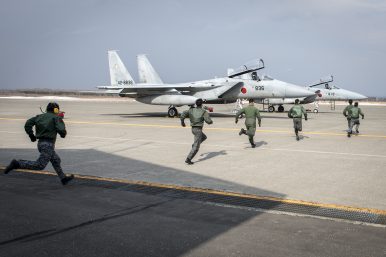
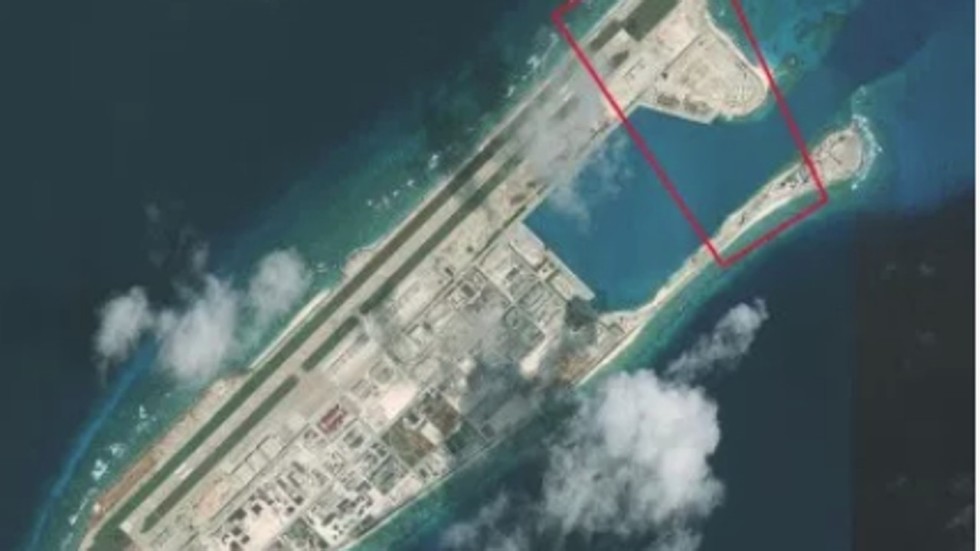
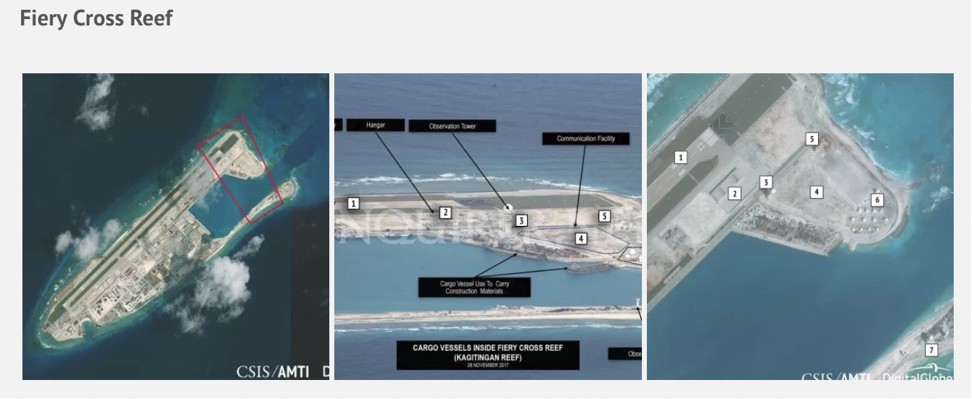
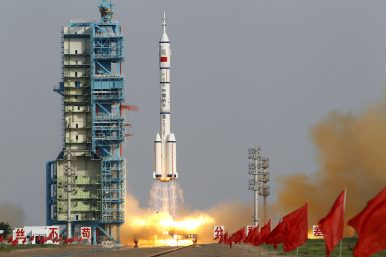
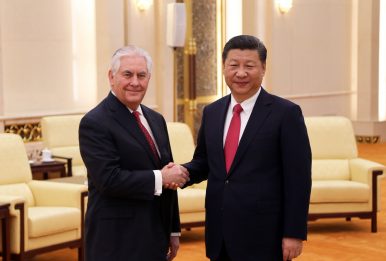








/arc-anglerfish-arc2-prod-mco.s3.amazonaws.com/public/SBHCS4RNQRBWPI63YHL2DBVTQI.jpg)